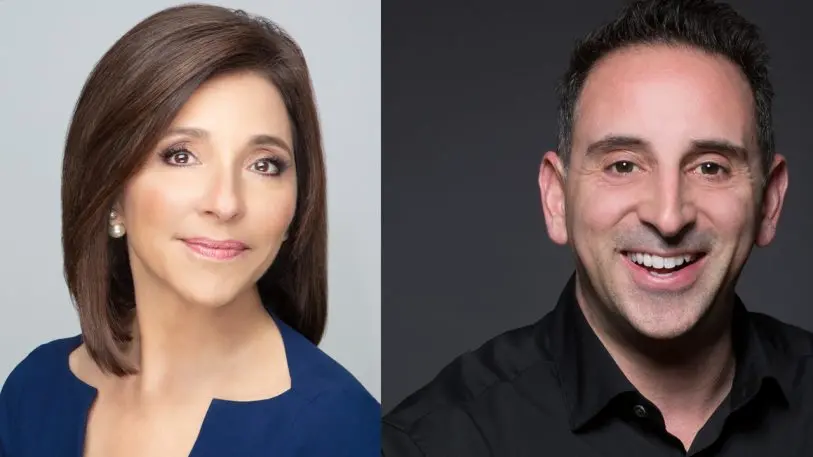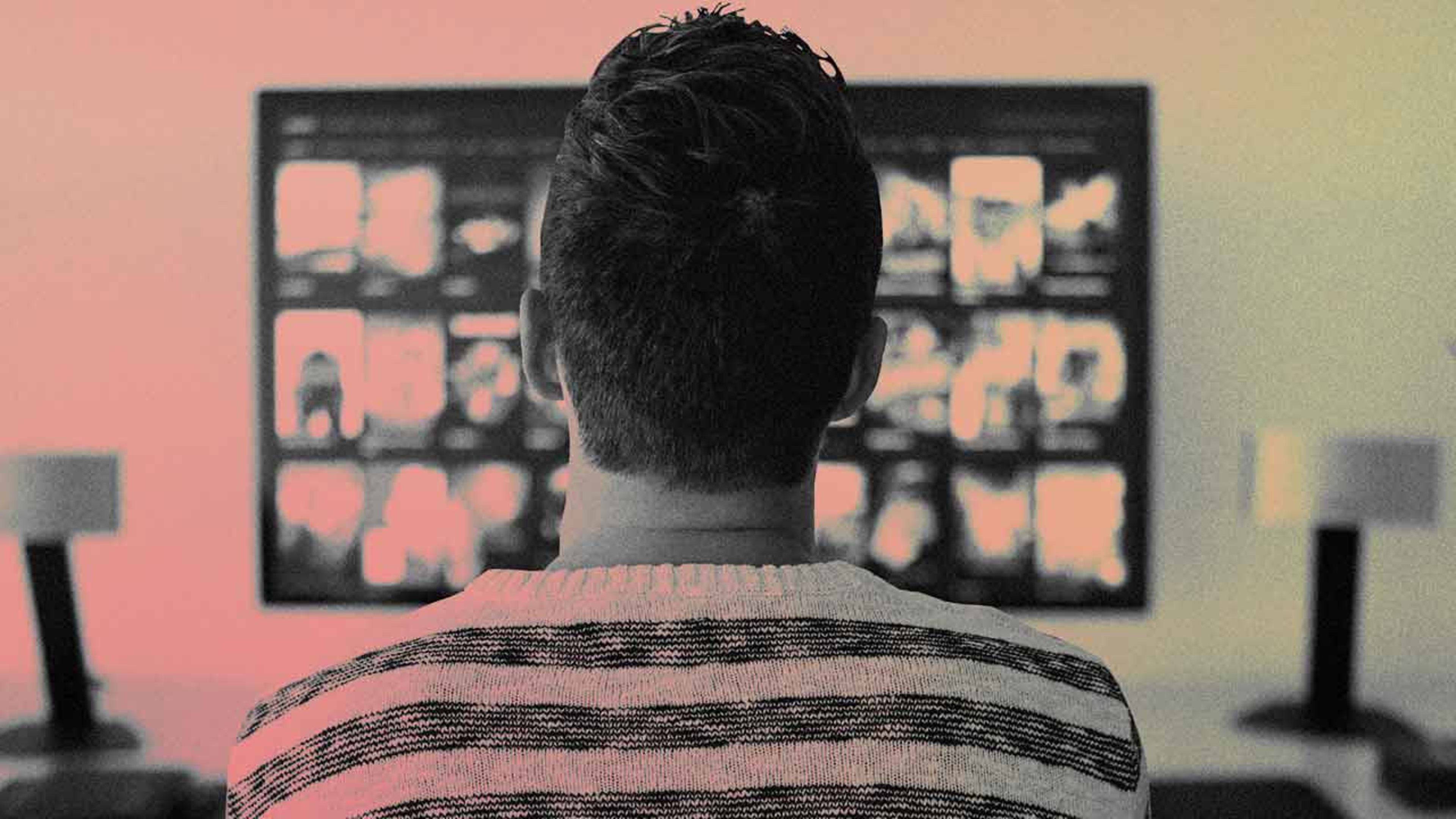Much has been said about the perilous state of the attention economy. Some have signaled its collapse, while many have declared it straight up dead. The salve for marketers against dwindling attention spans has always been creating an emotional connection with consumers—supplementing their experience with meaningful content and not being a mere distraction. But with global advertising spending estimated to swell to more than $616 billion this year, that’s a lot of meaningful static to cut through.
And it seems as if NBCUniversal has found a clear signal with its suite of “commercial innovations.”
At this year’s Cannes Lions, NBCUniversal presented its latest and updated offerings for brands to integrate with their global platforms, including Picture-in-Picture 2.0, connecting interactive or AR elements on one screen with a commercial on another screen; “Must Hear” TV, audio cues that play as a program fades to commercial and are meant to hold the viewer’s attention; AdSmart Context, an AI powered platform that combs through movies and TV shows to offer targeted ad options; and Shoppable TV, a feature that allows viewers to shop what they see on TV through a QR code on their mobile device.

And apparently it does.
NBCUniversal conducted a research study after rolling out the first phase of their commercial innovations at the end of Q4 in 2018. Compared to traditional advertising, 92% of viewers said they appreciate commercial innovation ads more, 76% said they were less likely to change channels, and 85% were more likely to remember the brand. Commercial innovation ads also increased brand relevancy by 32% and made viewers 28% more likely to share the ad and 7% more like to purchase a product or service.
“If you look at the advertising industry over the past few years, there has been an understandable leaning towards technology and data and audience targeting. You can utilize all of that to reach the perfect person. But if you reach them with a terrible message, i.e., bad creative, then it’s all for naught,” Feldman says. “You could use all the algorithms you want in the world, but they’re never, ever going to replace the power of great creative and the power of drawing somebody into your story.”
In a recent essay, former Fox marketing exec Joe Marchese argues that “the next wave of innovation will help people spend that time and attention better.” He likens the idea to how organic food became a multi-billion-dollar industry: Just as people paid more attention to what they put in their bodies, they’ll soon “pay greater attention to, and regain control over, what they put in their brains.”
Following parent company Comcast’s acquisition of Sky last year, NBCUniversal and the British telecommunications company now reach nearly 470 million viewers/visitors per month across six continents. That kind of scale puts NBCUniversal is in a position to help shape what the attention economy could be.
“We’re very fortunate to not only tell stories the best way possible, but we have the platform to bring them to the biggest amount of audiences there is,” says Linda Yaccarino, chairman of advertising and partnerships at NBCUniversal. “So we take that responsibility of leadership very seriously. We know if we’re able to grab the hands of our partners and bring our storytelling capabilities together, then we’ll amplify messaging together better, stronger, louder.”
Take Lacoste, for example. During this year’s French Open, the retailer partnered with NBCUniversal to unveil Shoppable TV, as viewers were able to scan and purchase items that brand ambassador Novak Djokovic was wearing.
“Lacoste isn’t a traditional TV advertiser in the U.S. But we were able to build this commerce arrangement with them,” Feldman says. “[Brands] truly appreciate the fact that we’re spending the time to get people to pay attention during commercial breaks because the beauty of everything is that we all know advertising still works. The hardest part of advertising is getting people to pay attention—and that’s what commercial innovation does.”
Adds Yaccarino: “Advertising is in a state of a massive transformation, and most of that comes from the significant changes in consumer behavior based on all of their content offerings that they have at their fingertips. Marketers and advertising overall have lagged behind. There is aggressiveness by some companies, including NBCUniversal, to put our foot on the gas.”
Recognize your brand’s excellence by applying to this year’s Brands That Matter Awards before the early-rate deadline, May 3.
